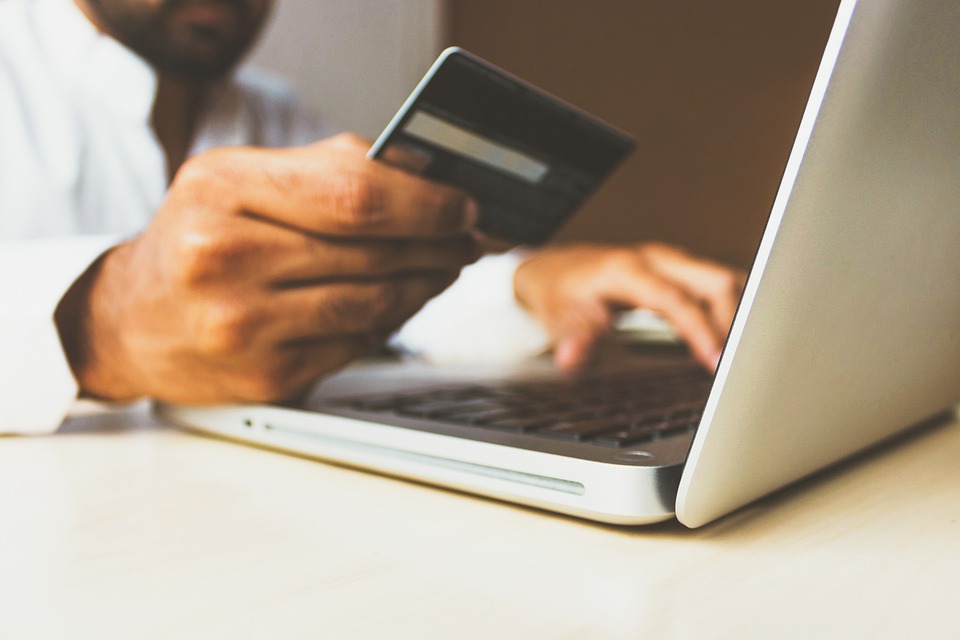
New Bill Wants to Stop Bank Overdraft Fees During Coronavirus Outbreak
Senators Cory Booker of New Jersey and Sherrod Brown of Ohio introduced a measure in late March that would eliminate overdraft fees during the current pandemic. It would also apply to any future presidentially-declared emergencies.
The bill would bar banks, credit unions and other financial institutions from charging overdraft fees until the coronavirus crisis is over. They pushed for the bill to be included in the stimulus package, but that didn’t happen.
Banks normally charge overdraft fees when you overdraw your account. This happens when you make a purchase with your debit card for example (or write a check etc.), and you don’t have enough in your account to cover that purchase. Instead of the purchase being declined, the bank will cover the difference and charge you a fee. These fees vary, but are usually about $20 to $40.
So the fee could even more than the money you are actually borrowing from the bank. Additionally you might not be notified right away that your account is overdrawn and will continue being charged this fees for every other purchase. To make matters worse, about 40% of banks also rearrange transaction made on the same day, processing larger transactions first, which results in more overdraft fees. Most banks cap the number of overdraft fees to about 4-6 per day, but some may allow even more than that.
Several banks have already announced that they are stopping overdraft fees due to the current outbreak. Some other banks have stated that they will consider waiving these fees on a case-by-case basis. Banks even do this during normal circumstances, especially if it is the first time being charged an overdraft fee.
The best way to avoid these overdraft fees is to opt out. That means that you will never pay an overdraft fee, and your card will be declined if there’s not enough money in your account.



So people spend more money they have in their checking accounts and banks have to lend them money free of charge: that’s ridiculous. So many people complain about overdraft fees and late fees. Why don’t they not overdraft their accounts and pay their bills on time.
So if there is no charge allowed is the bank allowed to just turn off the service on it’s own, and refuse to honor the NSF check? What about the charges if you deposit an NSF check and it bounces?
And if you opt out and then bounce a check, the depositor could end up with charges and perhaps end up with NSF checks themselves as a result of depending on your check.
Before anybody gets any ideas I know in Virginia writing a bad check over $200 can result in a felony charge. I don’t know about other states.